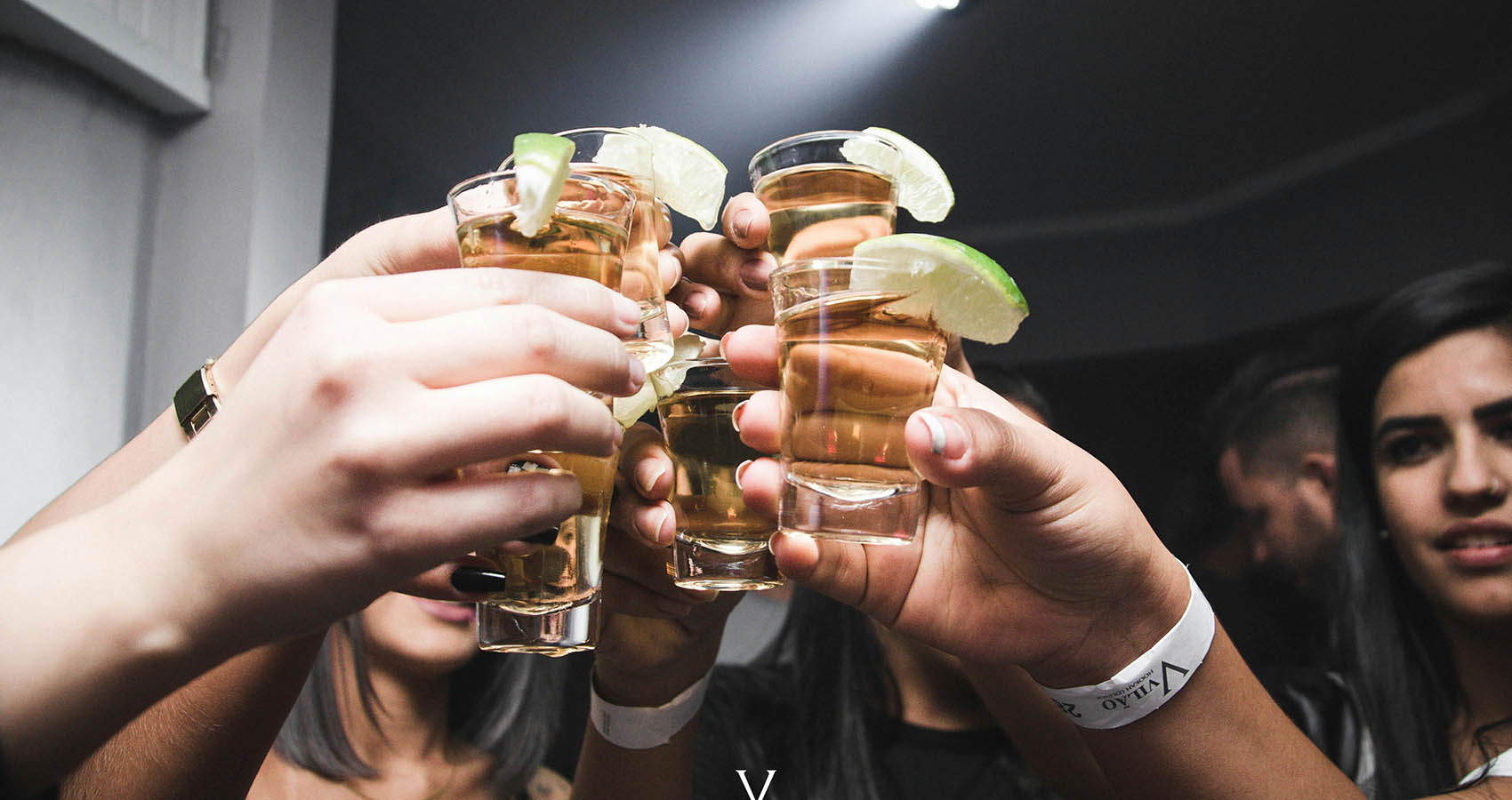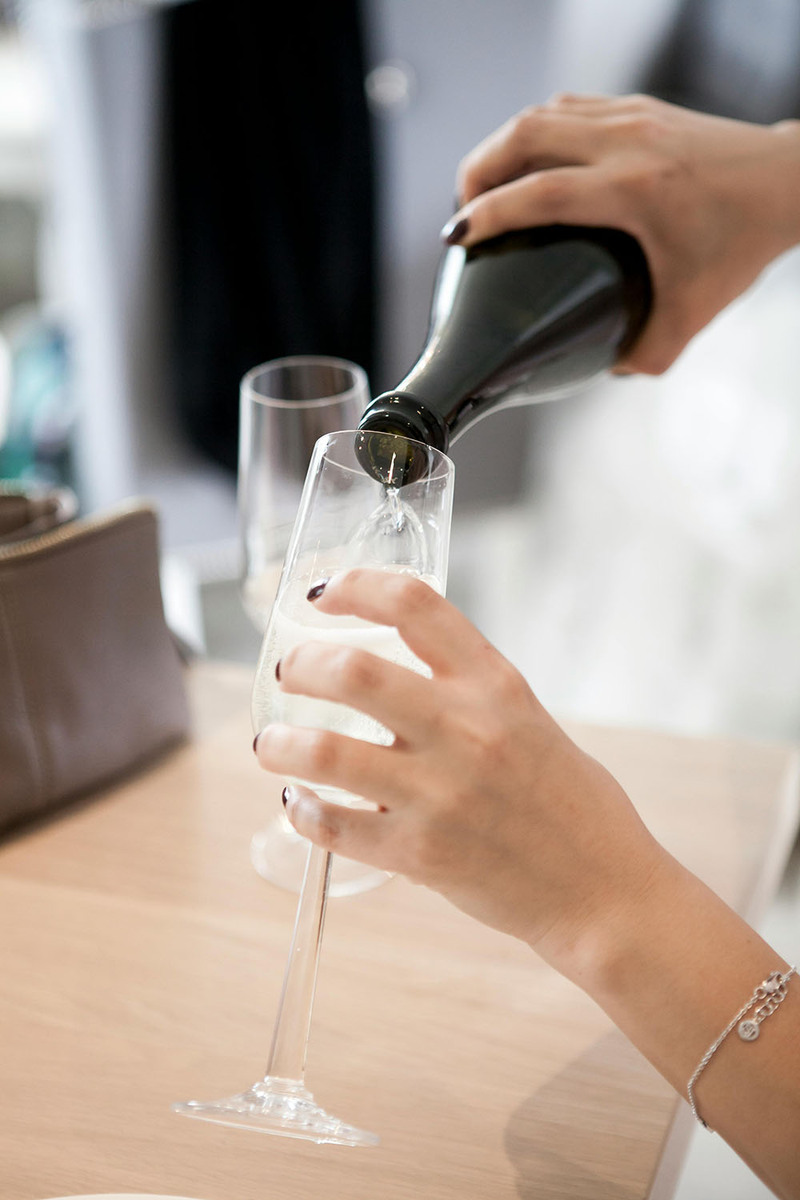
When Social Drinking Gets Out of Hand
Recognizing when social drinking transitions to a more serious issue.
Social drinking is often seen as a harmless way to unwind and connect with friends. Whether it's a casual glass of wine at dinner, cocktails with coworkers during happy hour, or a few beers while watching the game with the boys, alcohol is deeply woven into the fabric of our social lives. However, what often begins as occasional indulgence can slowly evolve into a pattern of behavior that’s harder to control. The gradual shift from social drinking to something more concerning usually goes unnoticed, and the consequences can be significant. That’s why we’ll explore how easily social drinking gets out of hand, the subtle warning signs you shouldn’t ignore, and what steps to take if you or someone you care about is struggling.
The Slippery Slope of Social Drinking
Drinking alcohol is a social activity. For many, social drinking is a way to relax and enjoy the company of your friends and acquaintances. At a social gathering, it's easy to excuse having one or two drinks, especially if everyone else is doing the same. However, with time, it can become harder to distinguish between casual social drinking and regular alcohol usage. A simple after-work drink can develop into a daily routine, raising your alcohol tolerance and creating reliance. Ultimately, if you’re not careful, it can lead to a serious drinking problem and even loss of control.
While it’s often very challenging, it’s crucial to recognize the problem before social drinking gets out of hand. This issue usually appears gradually. The transition from enjoying a drink socially to needing one to relax, cope with stress, or feel normal can be subtle yet substantial. Your drinking habits can change without you ever realizing it. That is, until they begin to interfere with your day-to-day activities.

While it’s completely normalized in our society, frequent social drinking can lead to alcohol dependencies if left completely unchecked.
Warning Signs You Shouldn’t Ignore
Recognizing whether social drinking has become a problem can be challenging, especially if the symptoms are mild. Here are some signs that your drinking habits may be more than just a social activity:
- Increased Tolerance - One of the first indicators of a developing problem is the need for more alcohol to obtain the same results. If you notice that one or two drinks no longer provide the same buzz as they once did, and you're drinking more to have the same effect, this is a red flag.
- Drinking to Cope - If you find yourself reaching for a drink to relieve tension, anxiety, or other unpleasant emotions rather than simply enjoying the moment, this is a major red flag. Using alcohol to deal with certain situations and feelings can easily develop into alcohol dependency.

Drinking to deal with stress can be a red flag, especially if it starts affecting your work and other areas of life.
- Drinking alone or in secret: Social drinking, by definition, involves others. However, if you start catching yourself drinking alone or feel the need to hide how much you’re drinking - that's a sign. That could be a clear indication that your relationship with alcohol is changing for the worse.
- Neglecting responsibilities: Are you missing work? Neglecting your household chores? Avoiding social obligations because of how much you had to drink the day before? If the answer is 'yes,’ that's a major red flag. When alcohol starts interfering with your responsibilities, it’s time to take a closer look at your drinking habits. Of course, missing a few responsibilities here and there because of your packed schedule isn't itself a problem, but it could be a potential warning sign.
- Memory lapses or blackouts: We all forget things sometimes, right? Well, if you’re forgetting crucial events that happened the night before, that's more serious than just being ‘a little forgetful’. Blackouts and memory lapses indicate that you’re drinking more than your body can handle, and it’s affecting your brain function.
- Expressed concern: Often, those around you can notice the small changes in your behavior before you notice them yourself. So, if friends or family members express concern about your drinking, try to listen and consider their perspective. Are they right? Is it becoming a problem?
- Feeling guilty or defensive: How do you feel when somebody mentions your drinking? If you feel guilty or start acting too defensively, it can be a sign that, on some level, you’re aware your drinking is becoming problematic.
- Planning around alcohol: If you find yourself thinking about when you’ll have your next drink, planning activities around alcohol, or feeling disappointed when alcohol isn’t available, this could be a major sign that drinking is taking up more space in your life than it should.

If you find yourself making plans just so you’d have an excuse to drink, that’s a major red flag.
Steps to Take If You Recognize These Signs
If any of the signs listed above resonate with you, it’s important not to ignore them. Acknowledging when your social drinking gets out of hand is the first step to making a change in your relationship with alcohol. So, if you notice any of the subtle signs, start by evaluating your habits. Try to figure out how often you drink, how much you consume when you drink, and why you are drinking. After that, it’s time to set limits for yourself and see how your body and mind react to those limits. If you find it difficult to adhere to these limits, it may be a sign in itself that you need additional support.
Reach Out for Support
Recognizing when social drinking is turning into a dependency is crucial. For those who feel that alcohol is beginning to take a toll on their life, seeking a facility that offers an effective alcohol detox is the first step toward recovery. A reliable treatment center will provide a structured approach to safely managing withdrawal and starting fresh. Sometimes, simply having someone to talk to can make a significant difference. Other times, you might need professional medical help to deal with challenges like these. A detox offers a structured approach to safely managing withdrawal and starting fresh.
Focus on Healthy Coping Strategies
If you’ve been using alcohol to cope with stress or emotions, you should find healthier alternatives. Exercise, meditation, hobbies, and spending time with loved ones are all great stress-management strategies that do not include alcohol. Moreover, they’re also great ways to stay healthy and take care of your mind and body.
Final Thoughts
Social drinking is a common part of many people’s lives. However, it’s important to recognize when it becomes more than just a way to unwind and when social drinking gets out of hand. If you or someone you know is struggling, remember that help is available, and taking the first step toward change is a sign of strength.











